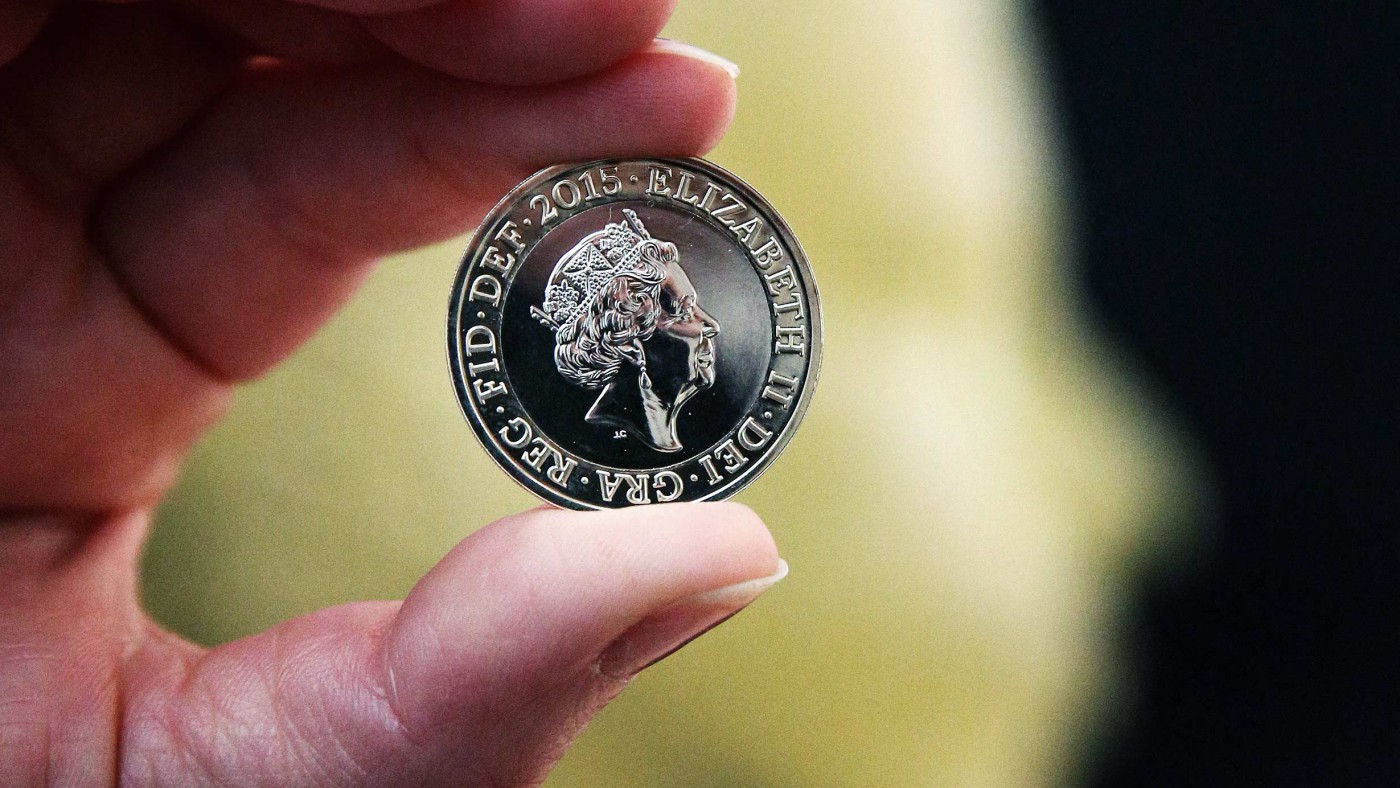“The rich are richer and the poor are poorer”, says the Left-of-Centre British newspaper, The Independent, on its front page. That phrase is so common, so facile, so glib, that it is almost a truism. Except that it’s not true.
The Independent’s story was based on a report by a rather admirable Blairite think tank, the Social Market Foundation, about the impact of the recession on household savings. If we focus on assets and debt, the poor have indeed suffered, largely as the result of quantitative easing, which transfers wealth from people who don’t own equity and houses to people who do. But this recent decline is a blip – a blip caused by a mistaken government policy.
Zoom out a little and look at the broader picture of what happened to the least well off during the downturn. According to the Office for National Statistics, the years from 2007-08 to 2012-13 saw an average drop in household incomes of 4 per cent. But that drop was not felt equally across the spectrum. The ONS reported that “the largest fall in incomes over this period has been for the richest fifth of households, whose disposable income has fallen by 5.2 per cent in real terms”. On the other hand “the average income of the poorest fifth has risen by 3.5 per cent”. In other words, contrary to widespread belief, City types were losing their bonuses and their jobs while pensions and benefits held their value.
Zoom out a little bit further. Incomes for the poorest have been rising steadily for 150 years. Sure, there have been localised reverses: wars, recessions, replacements by one technology of another. But the overall trend is unmissable. A welfare claimant in the United Kingdom today has a higher disposable income than the average worker in the 1930s. (I happen to have the British data at hand, but the same is true in almost all Western economies.)
Over the past 40 years, average wages for the poorest decile have risen, at today’s prices, from £3.40 to £6.70. As Christopher Snowdon put it in “Selfishness Greed and Capitalism”, by the Institute of Economic Affairs, “While only 2 per cent of full-time workers earned the minimum wage of £6.19 in 2013, 45 per cent of full-time workers in 1975 earned less than £6.19 in 2013 prices”.
On almost every measure of absolute wealth, the poor are getting richer. Because this fact seems counterintuitive, some people scrabble around for data that seem to contradict it. The Independent’s rather tendentious use of savings as its main measure of wealth is typical. The newspaper wasn’t setting out to mislead. Rather, it was starting from the conviction that the poor must be getting poorer, and so subliminally screened out statistics that challenged that prejudice. All human beings are prone to this tendency. Psychologists call it “confirmation bias”.
The same partiality explains why Leftists clutch so determinedly at their bizarre definition of poverty as having a household income less than 60 per cent of the mean – a measure which gives Britain a greater rate of poverty than Bangladesh. But here’s the funny thing: the rate fell during the recession. In other words, if we treat poverty as synonymous with inequality, it increases at times of rising wealth and falls during downturns.
The idea that “the rich get richer while the poor get poorer” is lifted directly from the writings of Karl Marx, who called his theory “immiseration”. Some of the people pushing this line are aware of its provenance, but I suspect that most are not. In any event, like every other one of the miserable old cadger’s theories, it turned out to be bunkum. The rich have indeed got richer. And the poor have got richer, too. That’s the wonder of the market.
It is perfectly true that this process has, in several countries, been accompanied by a growth in inequality. In other words, the rich are getting richer at a faster rate than the poor. For some socialists, this is a deal-breaker: they’d rather we were all worse off and more equal.
Me? I look at the extraordinary advances in longevity, literacy, infant survival rates and quality of life ushered in by capitalism. I look, not least, at the stunning fall in extreme global poverty, down by two thirds since 1990. And I ask myself what rival economic model could claim as much.


